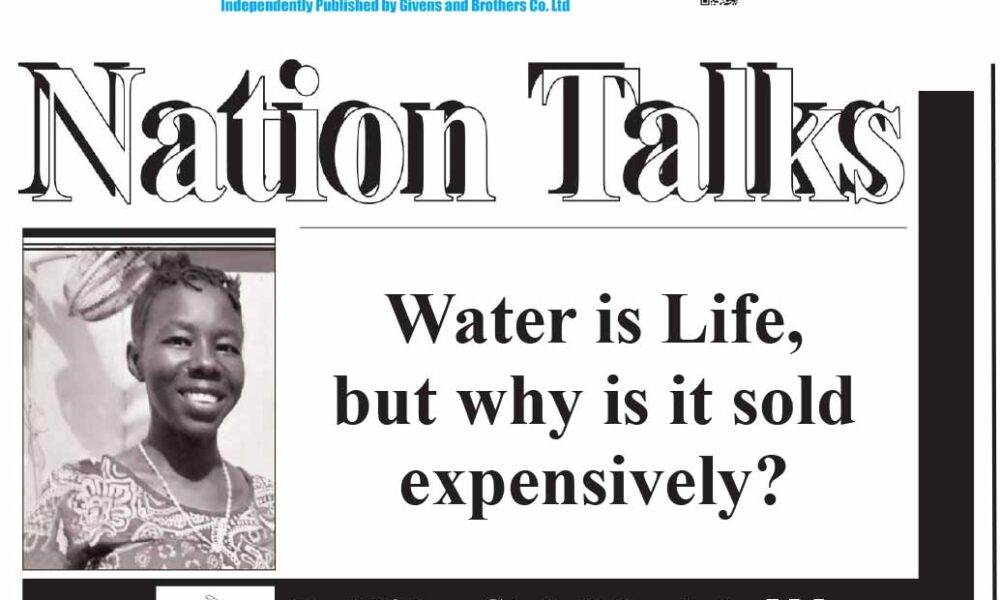Water is increasingly sold on the black market, much like foreign currency, and is not readily available from official sources in South Sudan.
This situation primarily affects those who cannot afford the high prices set by water tankers, leading to suffering among the poor. Despite being an open economy, the price adjustments for water suppliers in the city have been very expensive. For instance, areas near water stations charged between SSP 7000 to SSP 14,000. The fact that many of these water trucks are operated by foreigners complicates matters, as their business practices have made life more challenging for residents. Moreover, citizens often feel powerless to voice their concerns because these suppliers receive support from the government, and some belong to individuals in government positions.
A decision made by the former mayor last year was well-received by residents, as it aimed to address the water supply issue. However, the lack of effective law enforcement has rendered such efforts ineffective. Water suppliers often hold meetings to disregard any orders, feeling secure in their positions. Residents who complain frequently find themselves denied access to water. This situation reflects broader issues in the country, where political parties play a significant role in the hardships faced by citizens. Many areas in Juba are currently without water as suppliers attempt to comply with directives from the governor of Central Equatoria state. Unfortunately, the threat of license withdrawal for non-compliance is not yielding results.
It appears the government has become disconnected from the struggles of its people, as they remain insulated from the difficulties faced by the poor. Their focus seems to be on amassing wealth rather than addressing fundamental needs. Water suppliers have essentially taken the law into their own hands.
The government’s role should be to invest in infrastructure that connects water to every household, alleviating the trauma associated with water scarcity in Juba. Rather than simply extracting cash from struggling citizens, the government should consider using military-painted water tankers to supply water at lower prices. Foreign tankers should be suspended until they agree to return to their home countries. There will come a point when citizens will say, “Enough is enough,” and the situation may escalate beyond the control of those in power.
I urge the government to take action by installing water pipes to households and deploying security personnel to monitor water suppliers. License withdrawals should be enforced for those who refuse to comply with regulations. It is time for a change to ensure fair prices and reliable access to water for all citizens.
God Protect South Sudan
Be Spectator!




